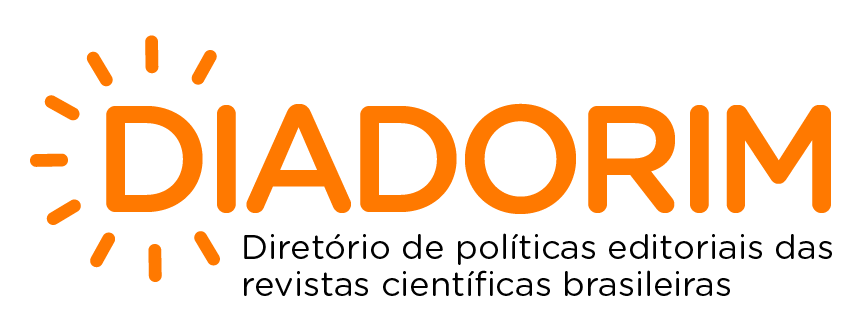Comunicação profissional da saúde-paciente: instrumento mantenedor de iniquidades em saúde ou meio de inclusão?
Keywords:
Relação médico-paciente, Humanização, Determinantes sociais da saúde, Atendimento médico, Comunicação em saúde, Doctor-patient relationship, Humanization, Social determinants of health, Medical care, Health communication.Abstract
OBJECTIVE: This study aims to evaluate the perception of health students on the maintenance of practices that accentuate health inequities during doctor-patient communication. METHODS: Cross-sectional observational study approved by the Research Ethics Committee of Universidade Santo Amaro (nº 5,358,167). The results were obtained through the application of electronic questionnaires to students of undergraduate courses in health areas about impressions and knowledge regarding the perception of the topic offered in teaching, adequate care and communication capabilities with patients belonging to social groups vulnerable people, such as LGBT, people living with HIV/AIDS, homeless people and black and elderly populations. RESULTS: 189 responses were obtained, 82.9% of which came from medical students. According to the results of this study, it is possible to observe that, according to the perception of more than 95% of participants, communication is essential for medical care and 83.9% consider it necessary for communication to be appropriate to the individual and collective complexities of populations in scenarios specific. However, 64.1% of participants consider that medical schools do little to prepare future health professionals for the complexities of health demands present in society. CONCLUSIONS: Although 95% of participants consider that communication is essential for medical care, only 35.7% of future health professionals believe that they are prepared throughout their studies to provide such care to individuals who are historically vulnerable and subject to various health determinants.










